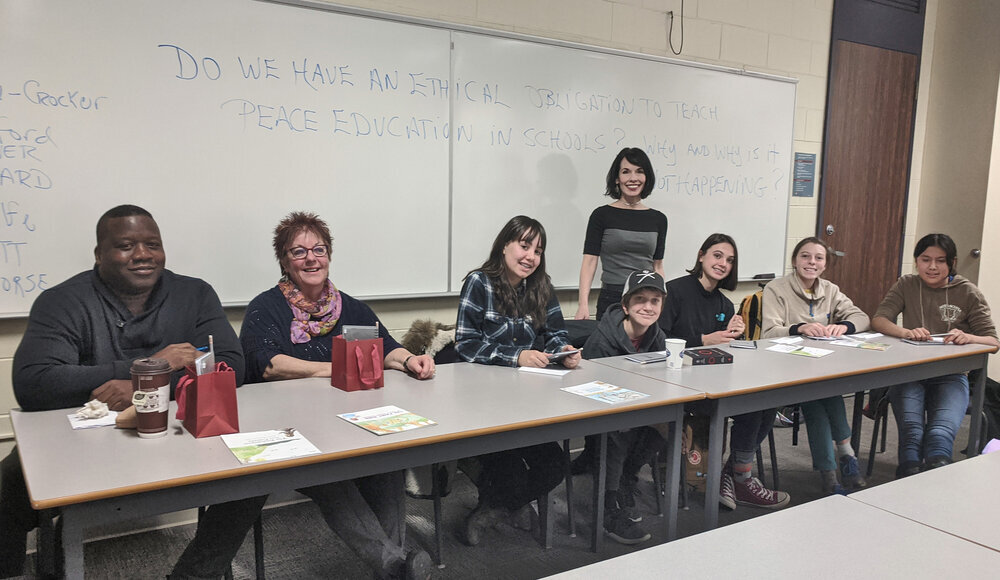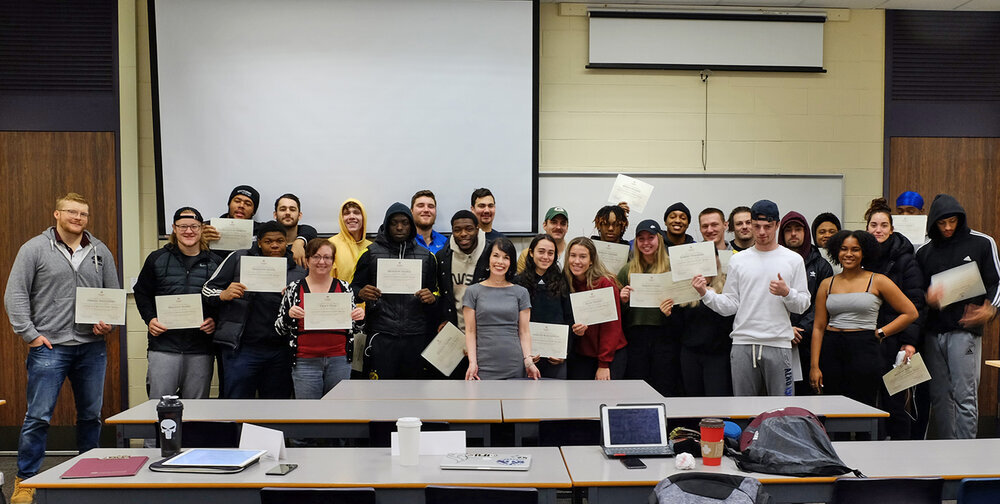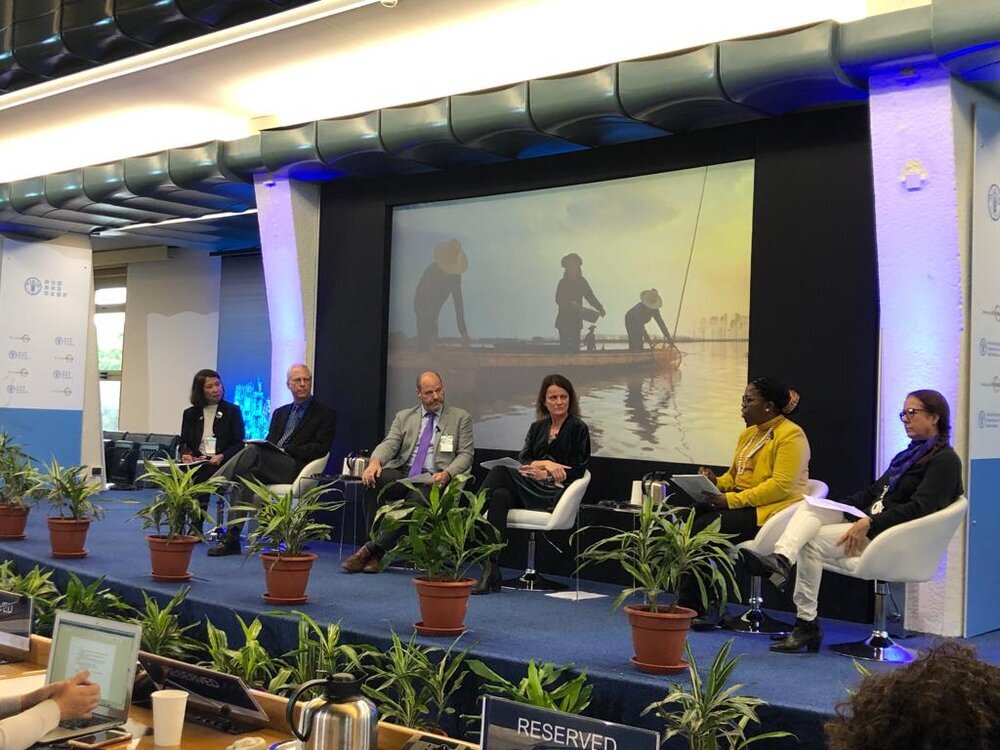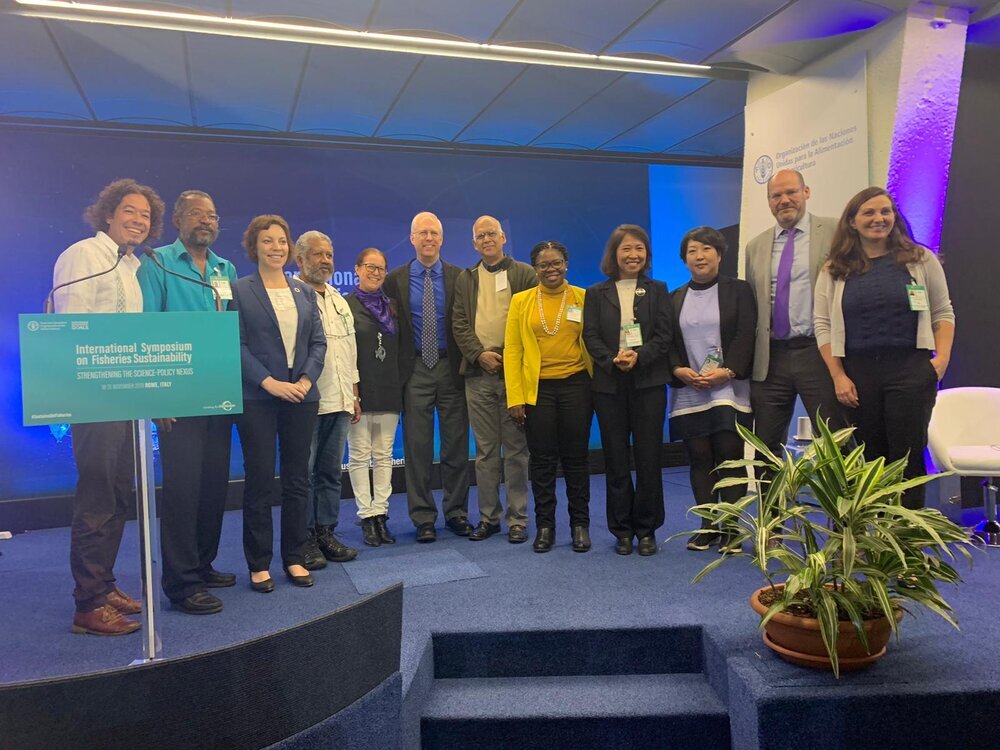An immigration reformer and advocate will receive the highest honour Saint Mary's University can bestow, an honorary degree, on Friday, Jan. 24, 2020.
The university is recognizing the achievement, dedication and life's work of Gerry Mills, the former Executive Director of Immigrant Services Association of Nova Scotia (ISANS).
Gerry Mills
"Saint Mary's University understands the importance of intercultural learning, and the advantages global perspectives bring to our university, province and country," said Saint Mary's University President Robert Summerby-Murray. "We are proud to honour Gerry Mills for her decades of commitment to supporting newcomers to Canada and for her work in shaping immigration to Nova Scotia. It is with great pleasure that we welcome her to the Santamarian family."
Born in Gravesend, England, Gerry Mills’s lifelong dedication to supporting newcomers and immigrants comes from her own experience moving to Canada in 1986. Despite knowing the language, it was a startling culture shock. Initially drawn to a career in teaching after earning a degree in German and English from Hull University in England, her own immigration story changed her plans. Mills would begin volunteering in literacy training and teaching part-time in English as a Second Language, but this quickly became a career. Within six months, Mills was the Executive Director of the Halifax Immigrant Learning Centre.
“We are proud to honour Gerry Mills for her decades of commitment to supporting newcomers to Canada and for her work in shaping immigration to Nova Scotia. It is with great pleasure that we welcome her to the Santamarian family.”
Recognizing the benefits that a merger between the Halifax Immigrant Learning Centre and the Metropolitan Immigrant Settlement Association (MISA) could bring for immigrants, Mills led this process with MISA Executive Director Claudette Legault to create the Immigrant Services Association of Nova Scotia. Mills regards this merger, bringing two of the city's most critical immigrant program associations together, as one of her most significant accomplishments. Mills was also crucial to the settling of thousands of Syrian refugees to Nova Scotia; another moment she considers one of the most important of her career.
"In receiving this honour, I want to stress the importance of and express thanks to all of my colleagues for their support, dedication and commitment to helping newcomers to Nova Scotia," said honorary degree recipient Gerry Mills. "None of this would have been possible without you."



















